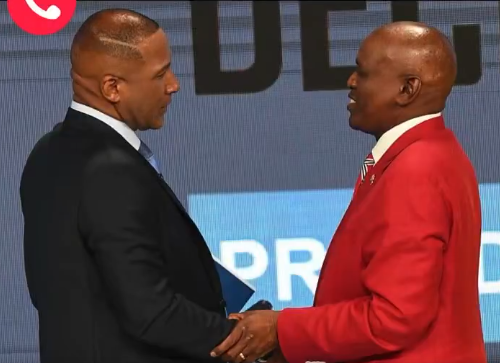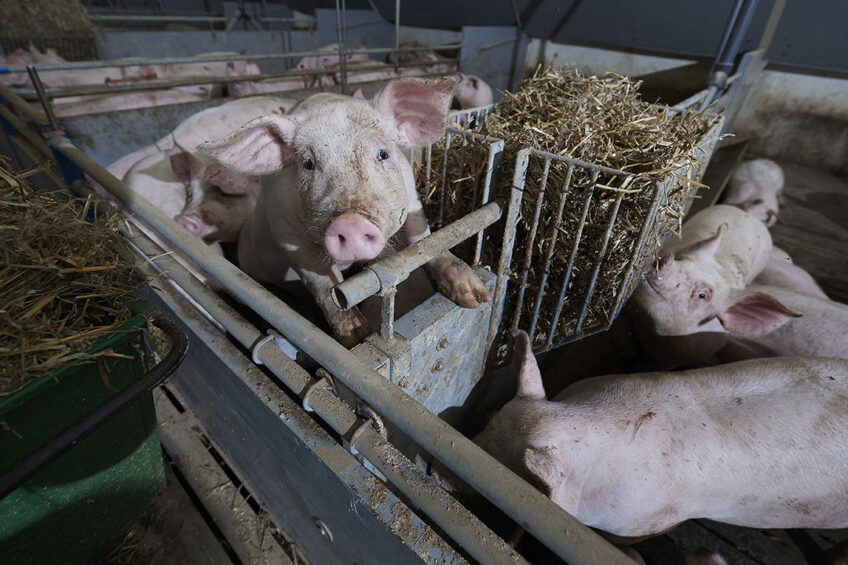The Botswana Democratic Party (BDP), in power since Botswana’s independence in 1966, has lost its long-held rule as President Mokgweetsi Masisi conceded defeat on Friday to opposition leader Duma Boko.
The Umbrella for Democratic Change (UDC), led by Boko, surged ahead in this week’s election, marking a significant political shift.
Preliminary results showed the UDC with a commanding lead, winning 26 of the 41 constituencies counted, while the BDP managed only three seats. With Botswana’s parliamentary system, the party with the majority elects the president, putting Boko on track to assume the presidency.
This shift is attributed to mounting socio-economic concerns, especially among young voters, as Botswana faces high unemployment driven by a downturn in the diamond market.
In a concession statement, Masisi said, “Although I wanted to stay on as your president, I respect the will of the people and I congratulate the president-elect. I will step aside and support the new administration.”
𝐂𝐎𝐍𝐆𝐑𝐀𝐓𝐔𝐋𝐀𝐓𝐈𝐎𝐍𝐒 𝐏𝐑𝐄𝐒𝐈𝐃𝐄𝐍𝐓-𝐄𝐋𝐄𝐂𝐓 🇧🇼 Dumelang Bagaetsho, I hope you are all well. I would like to extend my heartfelt congratulations to the new President-Elect, Adv. @duma_boko, on his victory. pic.twitter.com/jqVRJpKtnc
— Dr. Mokgweetsi E.K Masisi (@OfficialMasisi) November 1, 2024
Gaborone, the capital, saw small celebrations as opposition supporters took to the streets, signalling their hope for change. “The BDP had stayed too long in power, and I am proud to be part of the people that removed them for a better Botswana,” said 23-year-old student Mpho Mogorosi.
This is the second major defeat for a long-ruling southern African party this year, following South Africa’s African National Congress, which recently lost its majority. Botswana’s election outcome highlights a regional shift, as neighbouring Namibia’s ruling SWAPO party also faces growing opposition ahead of its upcoming election.
Zaynab Hoosen, an Africa analyst at Pangea-Risk, commented, “The outcome of Botswana’s elections should serve as a warning to long-time ruling parties across southern Africa and beyond that without economic progress and employment opportunities, political dominance will falter.”








